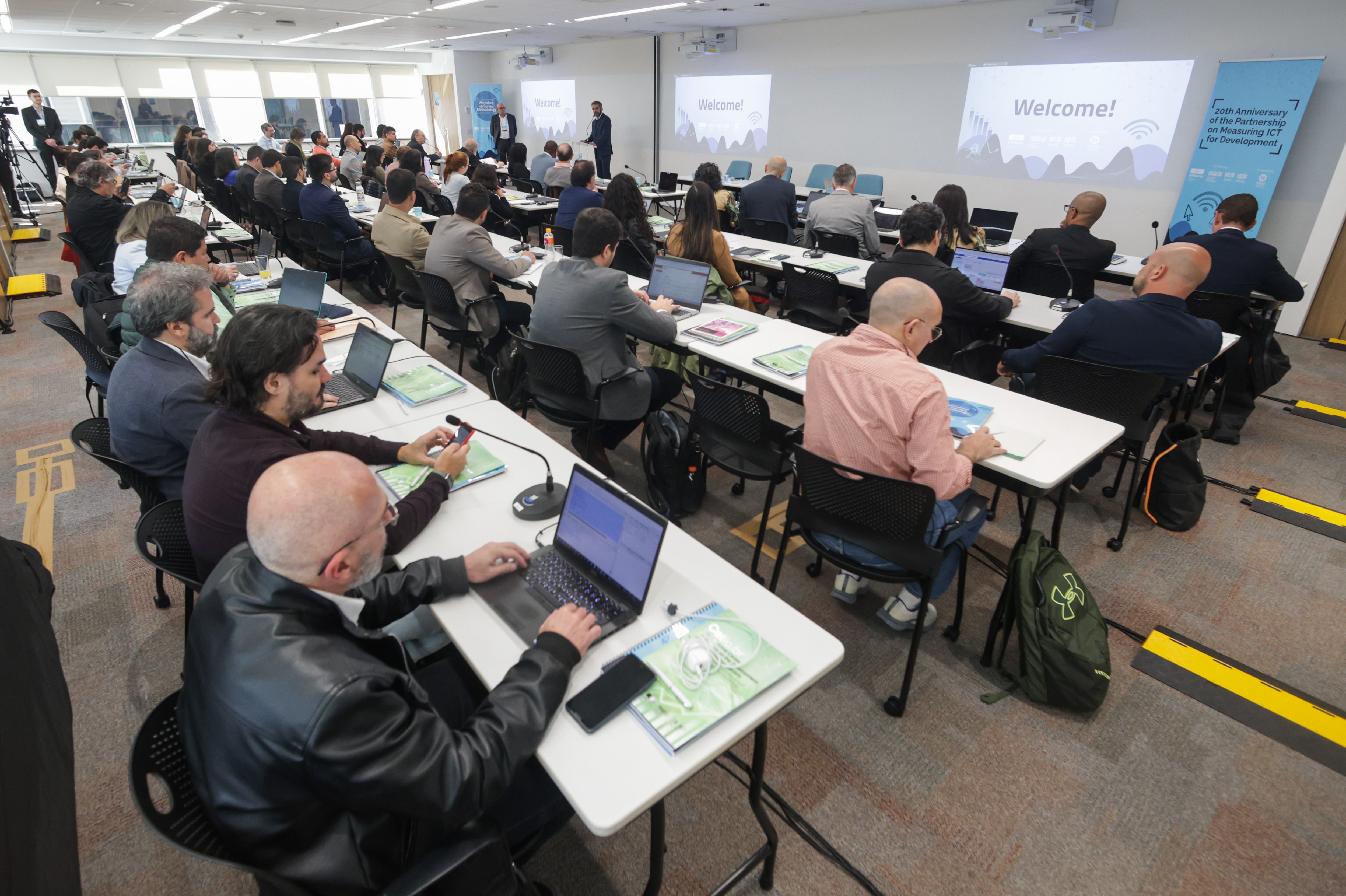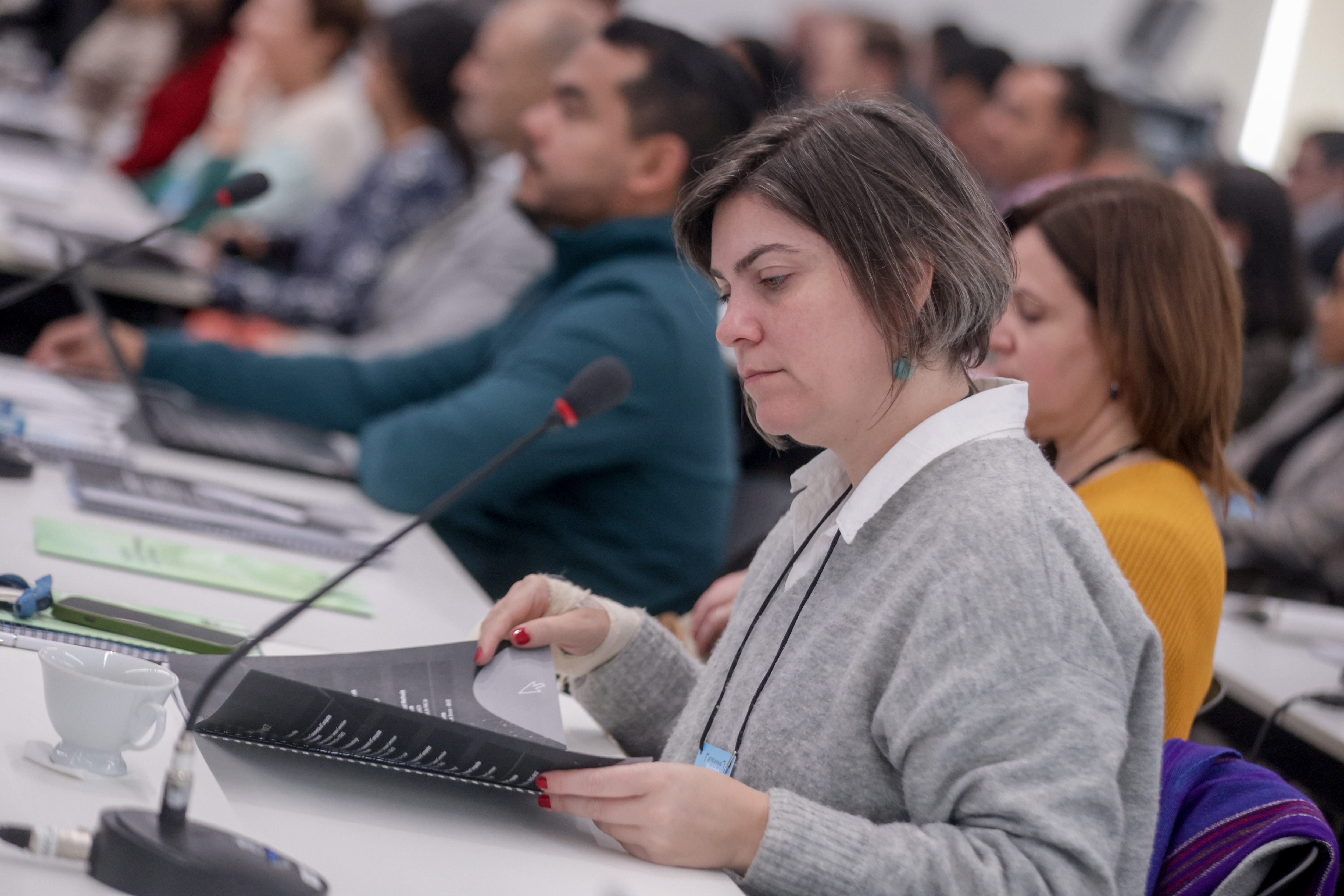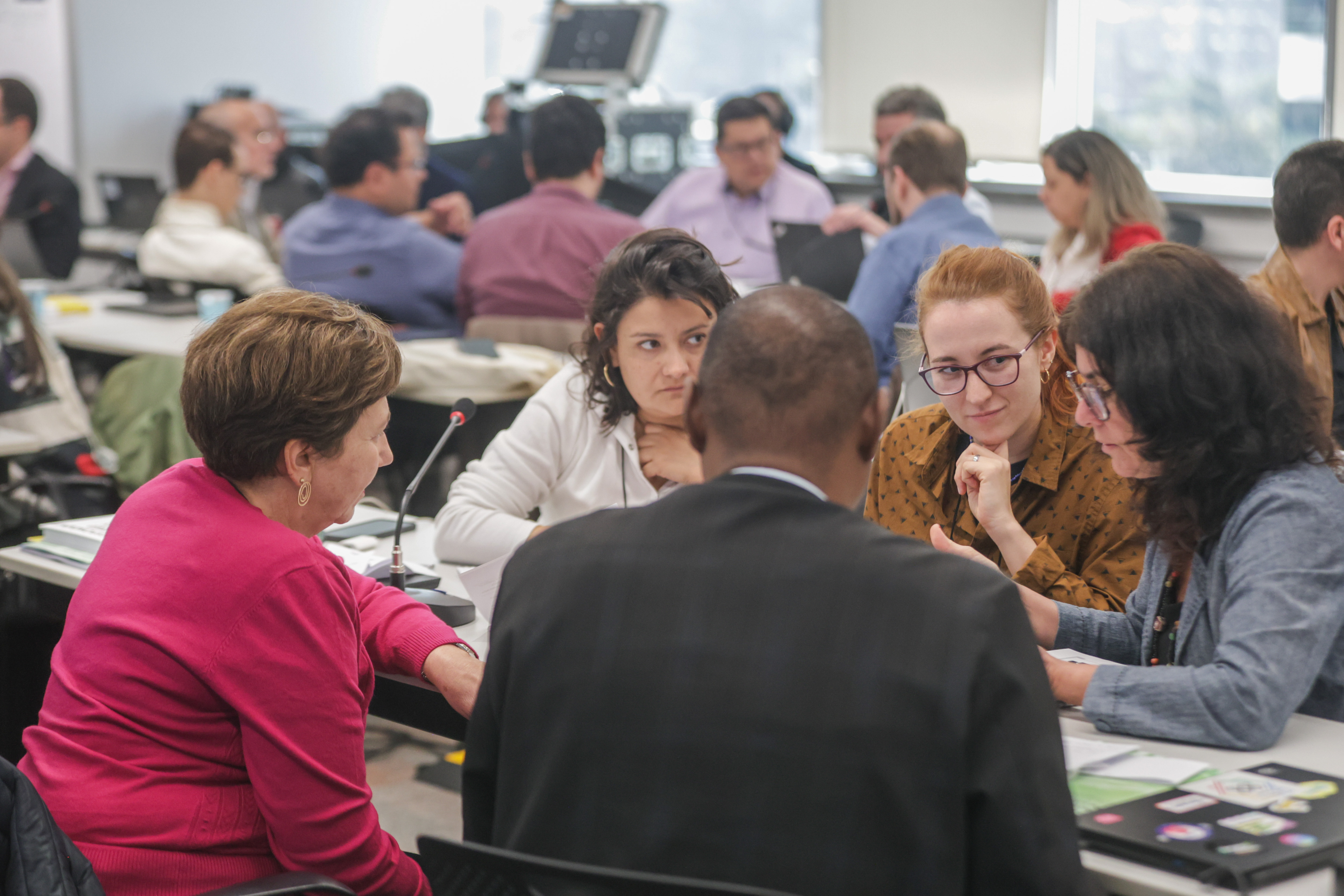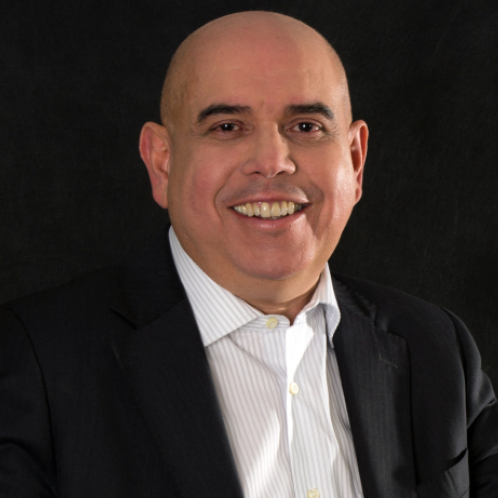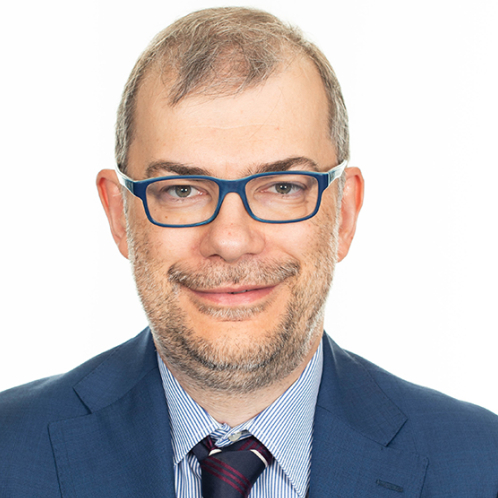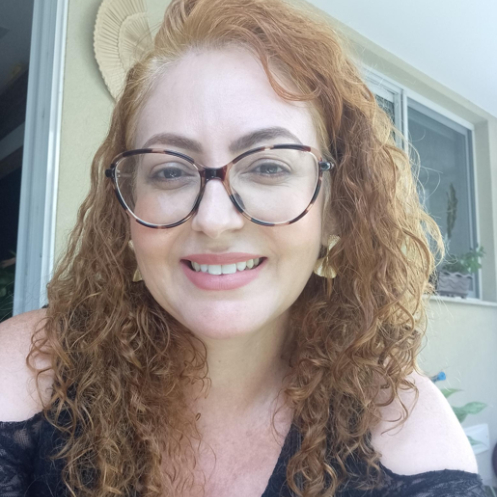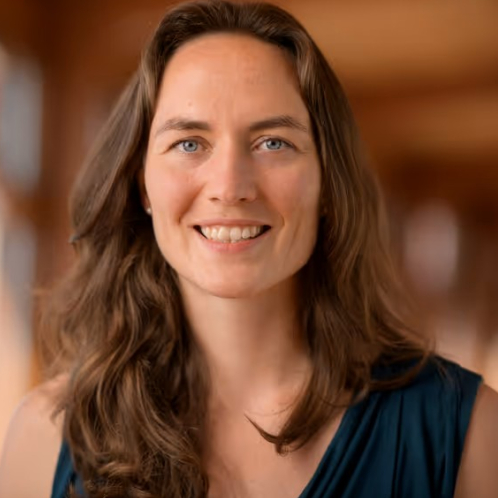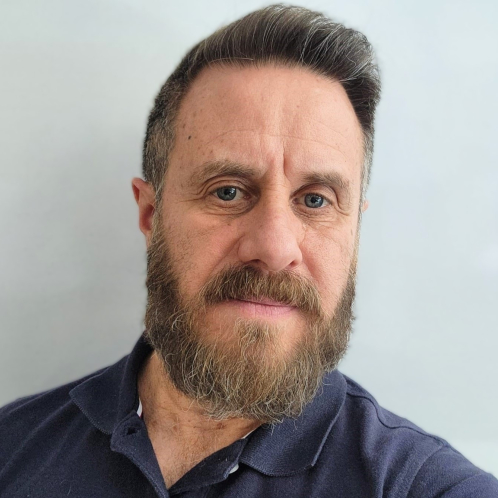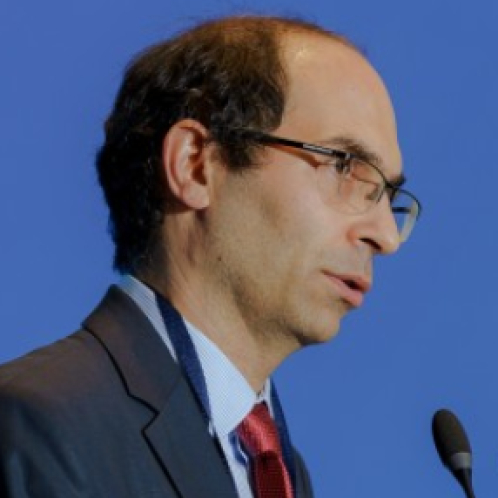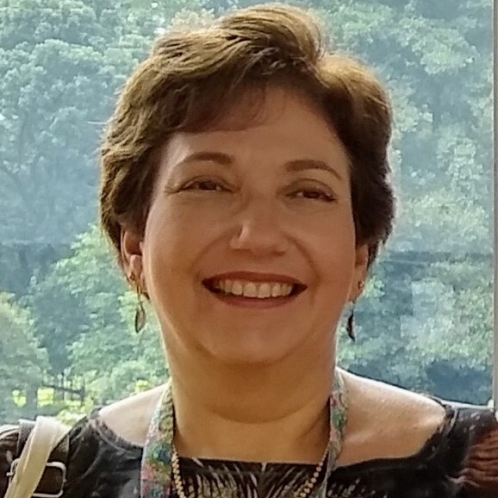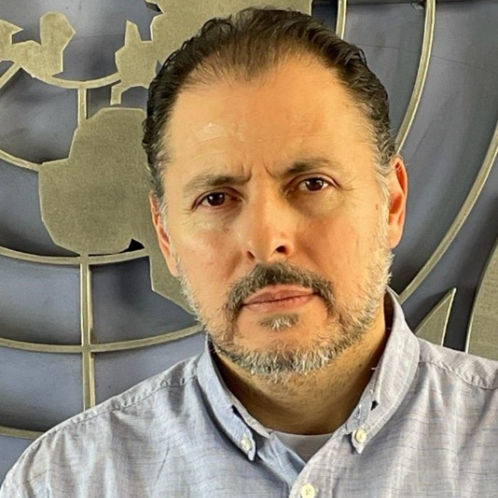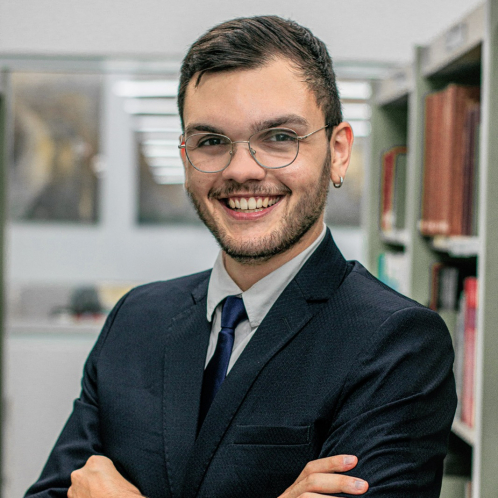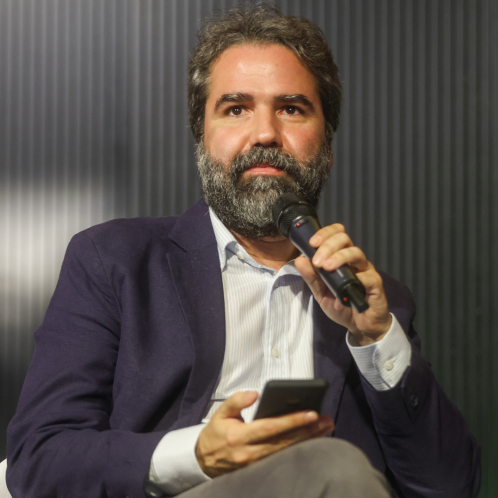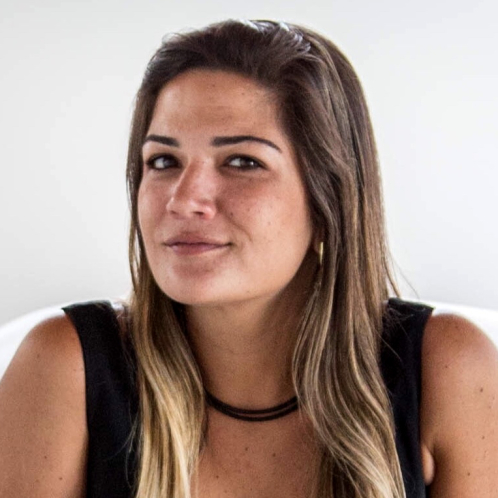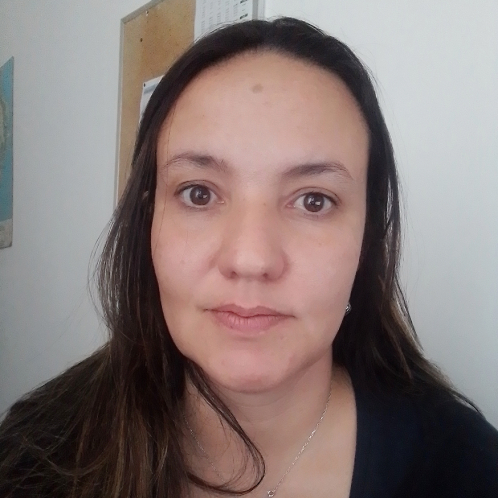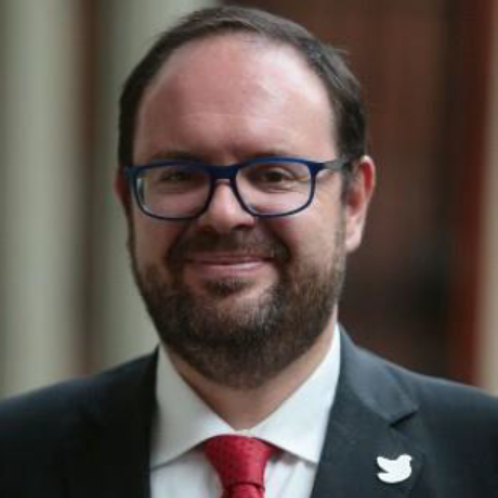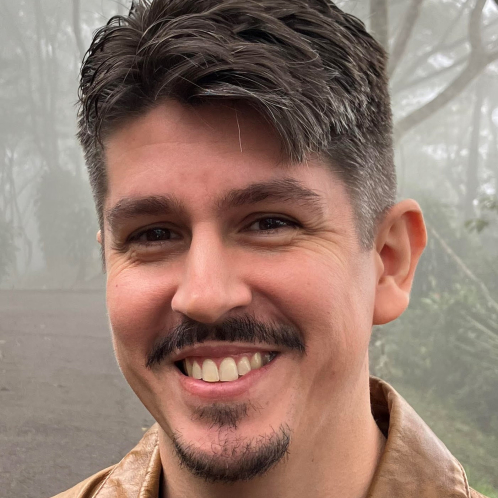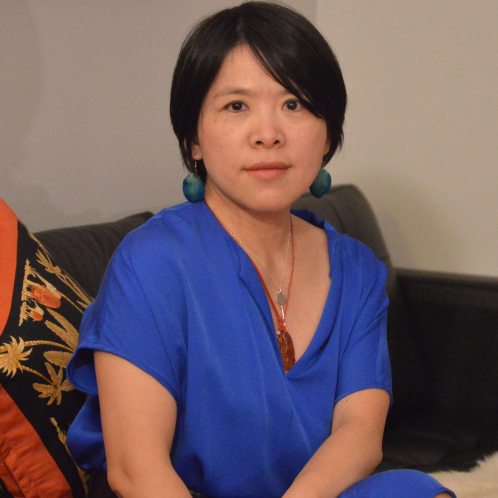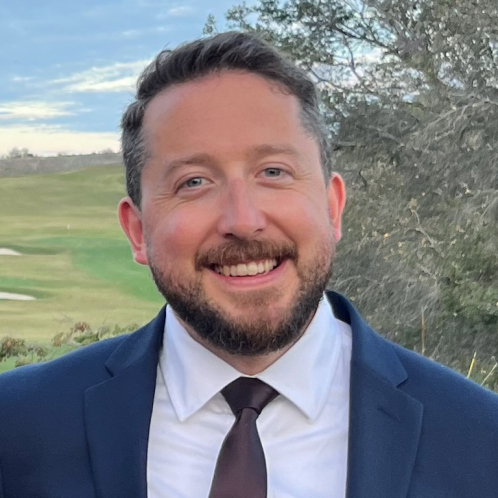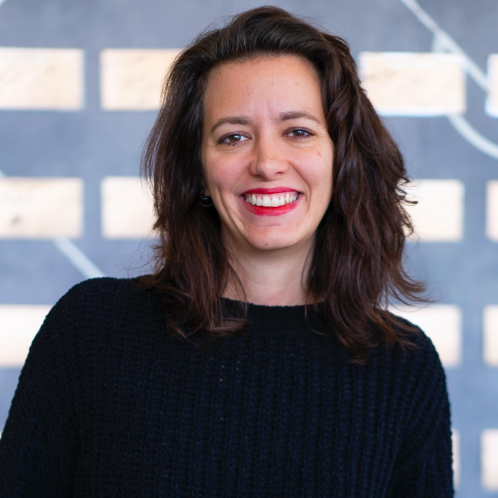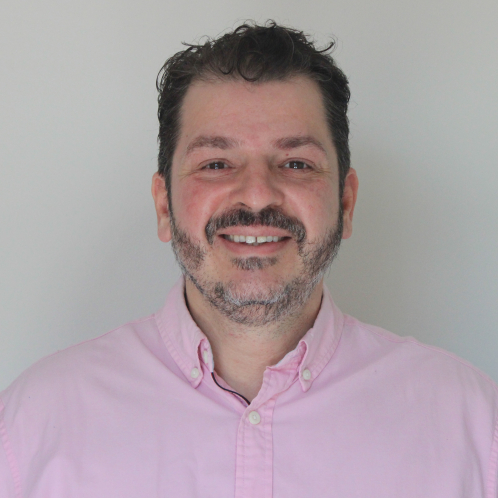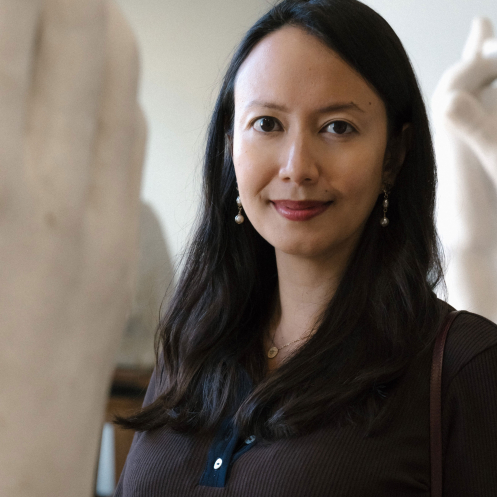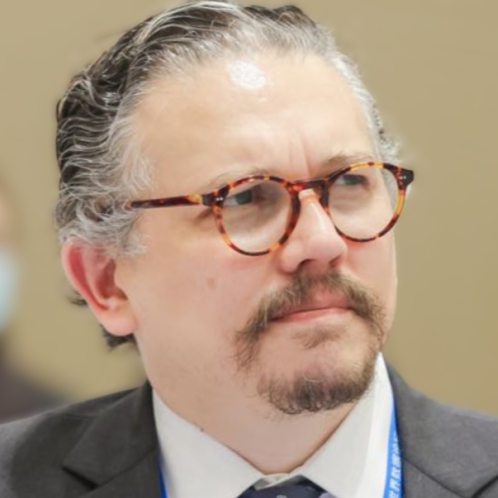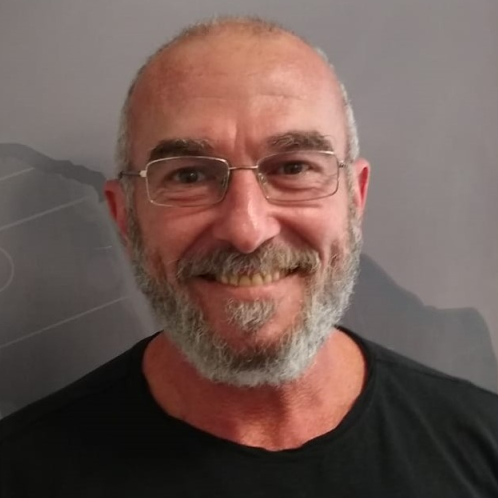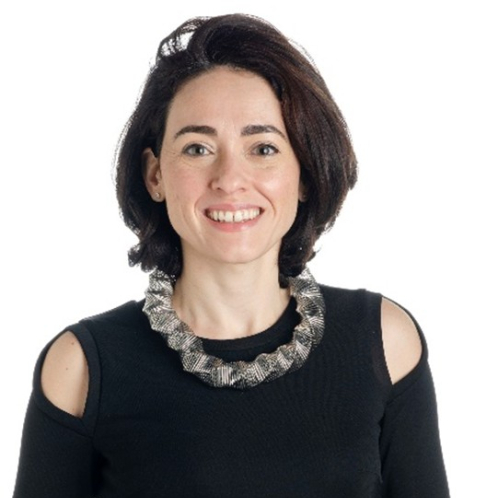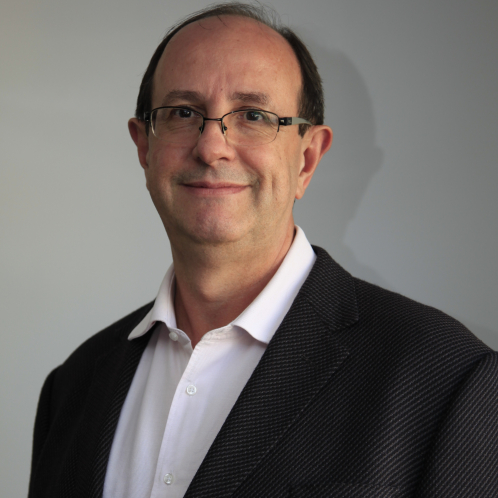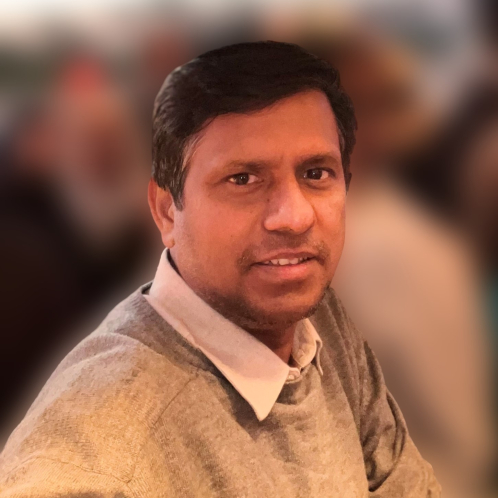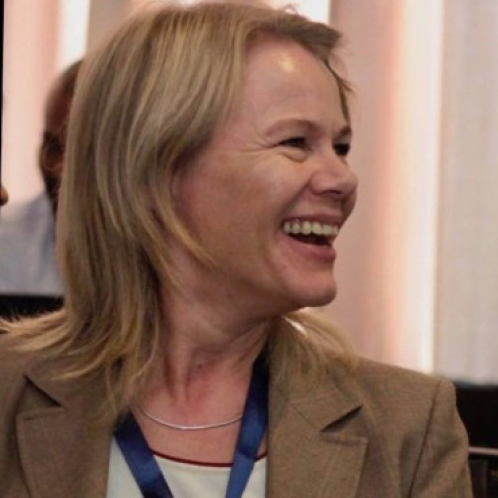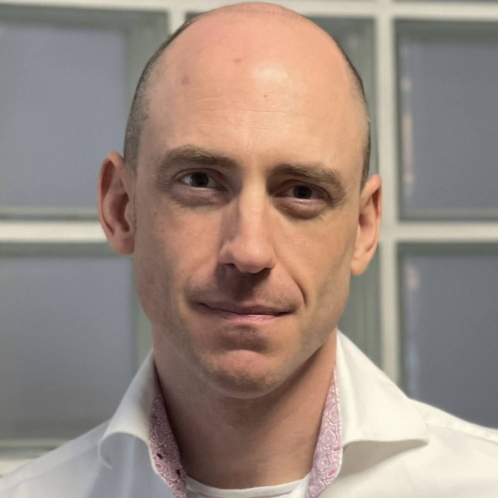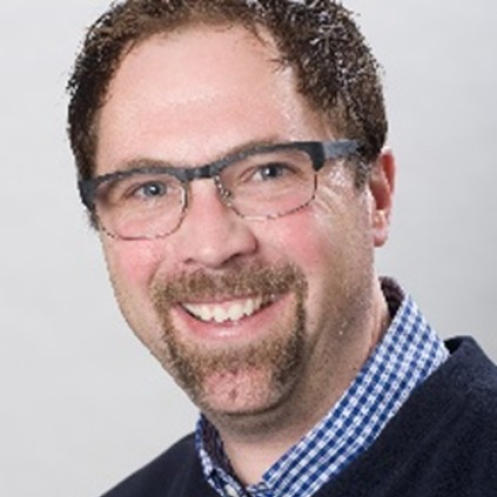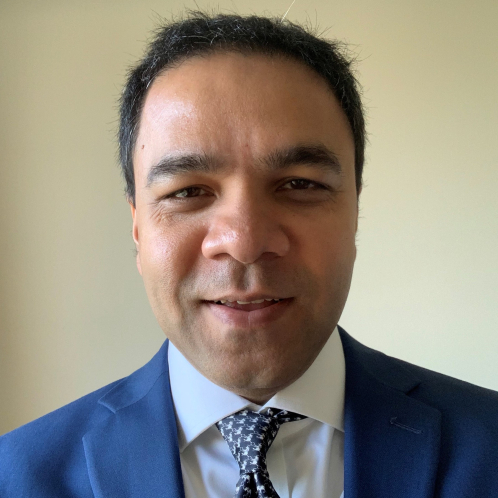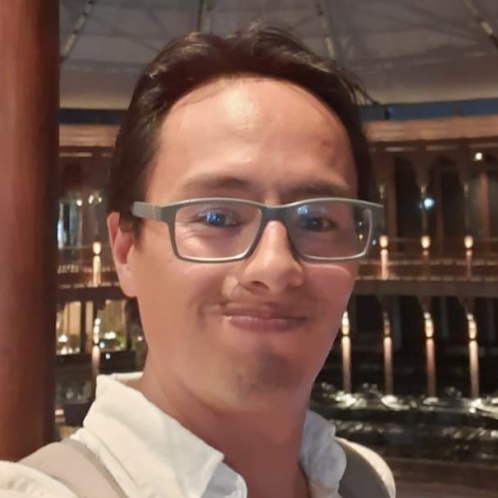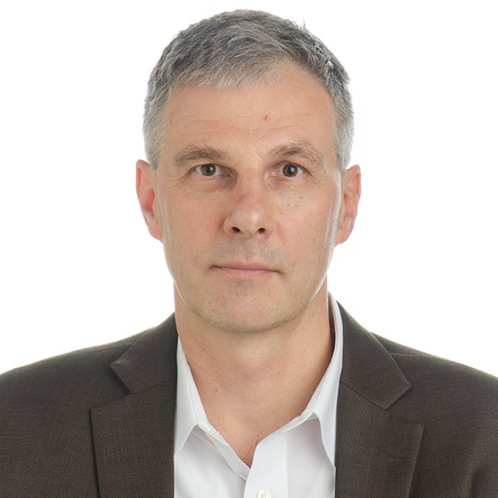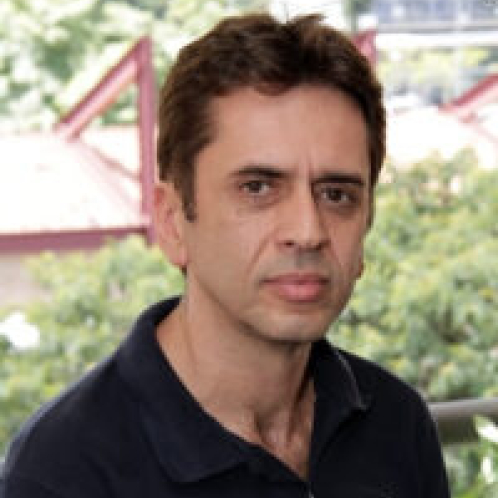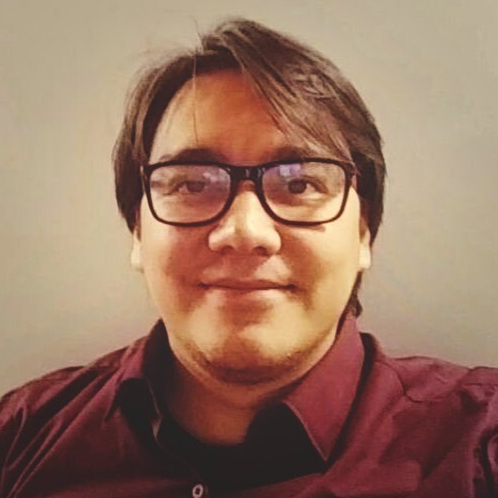The Regional Center for Studies on the Development of the Information Society (Cetic.br) at Brazilian Network Information Center (NIC.br), in collaboration with the National School of Statistical Sciences (ENCE/IBGE), will host the 15th Annual Workshop on Survey Methodology from August 18 to 21, 2025.
Since its inception in 2011, this annual workshop has become a regional and international reference for advancing methodological innovation in the field of information and communication technology (ICT) statistics. It brings together professionals from national statistical offices, government agencies, academic institutions, international organizations, and the private sector to share knowledge and foster new perspectives on data production, analysis, and dissemination. As a cornerstone event in the field, the workshop addresses emerging topics in survey methodology and explores innovative approaches to improving the quality and availability of ICT statistical data. Its program features keynote presentations, panel discussions, interactive short courses, and case studies.
The 2025 edition will build upon this legacy by addressing the growing need to integrate emerging data sources and technologies into survey practice. In a landscape marked by rapid digital transformation, traditional data collection methods are being complemented — and at times challenged — by new sources of information and innovative analytical tools. This year's theme, “Integration is the Key”, reflects the urgency and opportunity to connect methodological advances with data innovations to enrich our understanding of the digital society.
Under the 2025 theme, the workshop will explore how emerging data sources and technologies can enrich survey practice and statistics production. Topics will include the use of georeferenced data and artificial intelligence for image recognition, approaches to measuring digital skills, the analysis of data from digital platforms, and the integration of citizen-generated data into official statistics.
15th EDITION: INTEGRATION IS THE KEY: SURVEY METHODOLOGY WITH EMERGING DATA SOURCES AND TECHNOLOGIES
For a wide range of stakeholders — including governments, the private sector, and academic researchers — access to high-quality, granular, multidimensional, and timely data has become essential to support policymakers and actors at the forefront of shaping digital inclusion policies and addressing digital inequalities.
The 2025 workshop will focus on four key subtopics that not only highlight the importance of improving the quality and availability of ICT statistics, but also underscore the critical role of data integration in the future of data production.
- Analysis using georeferenced data and the use of AI in image recognition: Advances in geospatial data enable new forms of territorial analysis, as well as the integration with statistical data, complementing traditional data sources and supporting evidence-based decision-making.
- Measuring and assessing digital skills: Measuring digital skills and competencies is central to understanding how individuals and communities engage with digital technologies. New instruments and frameworks are emerging to capture both technical and transversal digital skills in different population groups.
- Analysis of data from digital platforms: The growing relevance of digital platforms — from social media to e-commerce — generates large volumes of behavioral and transactional data. Integrating these datasets with official statistics presents both opportunities and methodological challenges.
- Citizen-generated data: Data produced directly by individuals, communities, and civil society organizations is gaining traction as a source of contextual and real-time information. Harnessing these types of datasets requires new frameworks for quality assurance, privacy protection, and interoperability with traditional sources.
By exploring these themes, the workshop aims to advance the dialogue on how to responsibly and effectively integrate emerging data sources into existing methodological frameworks, while ensuring data quality, transparency, and inclusivity.
Concept Note of the Workshop


